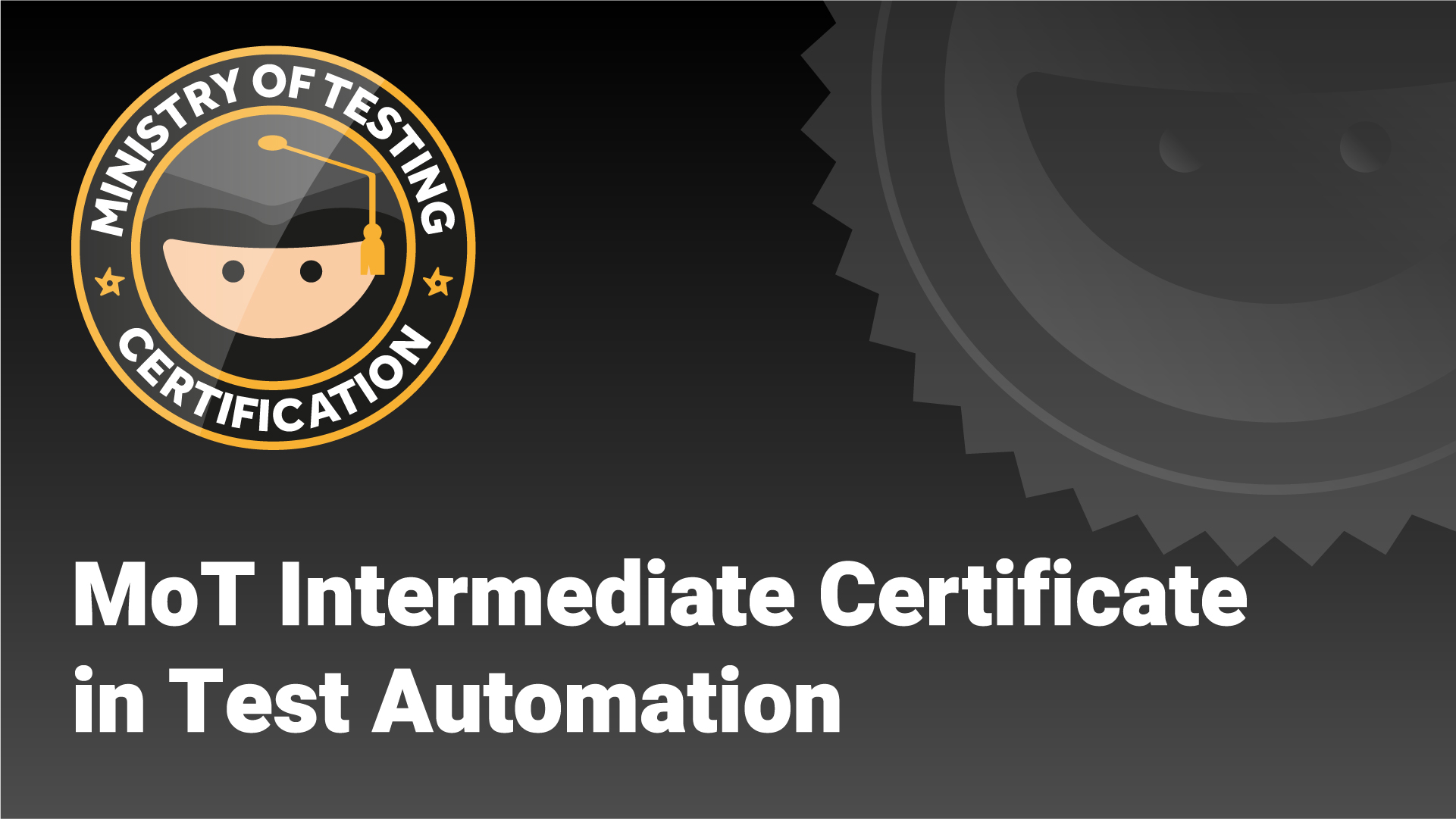What Is Impostor Syndrome?
As a software tester, I frequently feel that I’m not good enough at work and that I know nothing, despite all my experience and hard work. An even greater fear of incompetence arises when I realize I’m a woman in the tech industry. These feelings are often due to impostor syndrome.
Impostor syndrome affects a variety of individuals, software testers included. If you suffer from it, you have an ongoing sense that you are not good enough, leading you to see yourself as a fraud. You become anxious about being discovered as a fraud when you are not in fact a fraud! Even with achievements, skills, and proficiency, self-distrust can arise, causing individuals to question their capabilities and attribute their achievements to mere chance, timing, or external influences. Over time they can completely lose faith in their ability to do their jobs.
According to a 1978 study by Drs. Pauline Rose Clance and Suzanne Imes, impostor syndrome is prevalent among high achievers and can lead to anxiety, stress, and diminished job satisfaction (Clance & Imes, 1978). In the context of quality assurance, this syndrome can hinder software testers from realizing their full potential, negatively impacting their productivity and overall well-being. Another study showed that as many as 82 percent of professionals deal with impostor syndrome (Bravata et al, 2020), making it one of the most common mental health issues in the workplace.
Software testers can experience impostor syndrome more intensely than people in other roles on software development teams. Developers, project managers, and other project stakeholders can unintentionally contribute to the development or exacerbation of impostor syndrome in testers. While their intentions may be positive, certain behaviors or dynamics within the team or organization can impact testers' self-perception.
By shedding light on this topic, I aim to raise awareness among testers and help them recognize and address these feelings. It is my hope that this article will contribute to better mental health and overall well-being among testers. It will encourage individuals to seek support and take proactive steps to overcome their self-doubts.
Steps To Recovery
Admit You Might Be Suffering From Impostor Syndrome
The first step in overcoming impostor syndrome is acknowledging its existence. Some time ago, I came across a thread on Reddit where software testers were addressing the same issue, and I realized I wasn’t alone.
Recognize and Celebrate Personal Achievements
When I was still unaware that I suffered from impostor syndrome, I often focused on what I didn't know. Now I know that it's important to take a moment, on a frequent basis, to reflect on what I do know.
So I began the process by writing down my career accomplishments. To my surprise, I discovered a substantial reservoir of knowledge and experience within me. I started to acknowledge and celebrate personal achievements, no matter how small they seemed. This practice enhanced my self-assurance and encouraged me to believe in my abilities.
Seek Feedback
To reinforce the work I’d done in private, I reached out to my team and supervisors for feedback and validation. The constructive feedback I got from them helped me identify areas for growth and improvement, further bolstering my confidence.
Discuss Mental Health At Work
Initiate conversations about mental health with human resources, managers, and colleagues on your team. These challenging discussions can benefit not only you but also others in managing emotional well-being at work. By promoting a positive and supportive team culture, developers, product managers, and other stakeholders can contribute to minimizing the impact of impostor syndrome on everyone, including testers. This fosters an environment where all team members thrive.
Keep Learning About The Craft Of Testing
By keeping myself informed about the most recent trends, tools, and methods in software testing through participation in seminars, conferences, and online courses, I kept myself intellectually engaged in my field. It helped to reduce my fear of missing out on the most recent trends and tools on the market and to meet new people with new ideas.
Practice Positive Thinking
Another effective strategy is to shift your thinking and self-talk. I started to treat myself kindly and admitted that everyone makes mistakes and faces challenges. I regularly used flashcards with positive affirmations to reinforce my faith that I had the competence, knowledge, and entitlement to achieve success.
Connect And Engage With Your Community
Last but not least I connected with like-minded individuals who have experienced similar feelings. I shared my fear of being a woman in the tech industry with other women. That allowed me to gain insights and build a strong support system.
You can share things in different communities to help you overcome impostor syndrome. And you can seek a mentor to discuss fears, concerns, and personal growth.
Learn How And When To Say “I Don’t Know”
And remember, it's okay to say that you don't know something. You don't always have to be an expert. Admitting your lack of knowledge opens the door to learning. It encourages you to step out of your comfort zone, learn new things, and expand your horizons.
Conclusion
In summary, admitting when you truly don't know something does NOT make you an impostor as a tester! Instead, it shows self-awareness, humility, and a willingness to learn and grow. You are not alone on this journey, and together we can cultivate a supportive environment that fosters personal and professional growth in the testing field.
For Further Information
- The tester’s 3 Cs: Criticism, Communication and Confidence, by Dorothy Graham
- Grow Your Technical Confidence, by Lisi Hocke
- Mental Health As A Tester, by David Williams
References
Bravata DM, Watts SA, Keefer AL, Madhusudhan DK, Taylor KT, Clark DM, Nelson RS, Cokley KO, Hagg HK. Prevalence, Predictors, and Treatment of Impostor Syndrome: a Systematic Review. J Gen Intern Med. 2020 Apr;35(4):1252-1275. doi: 10.1007/s11606-019-05364-1. Epub 2019 Dec 17. PMID: 31848865; PMCID: PMC7174434.
Clance, P.R., & Imes, S.A. (1978). The Impostor Phenomenon in Achieved Women: Dynamics and Therapeutic Intervention. *Psychotherapy: Theory, Research and Practice*, 15(3), 241-247. doi:10.1037/h0086006



